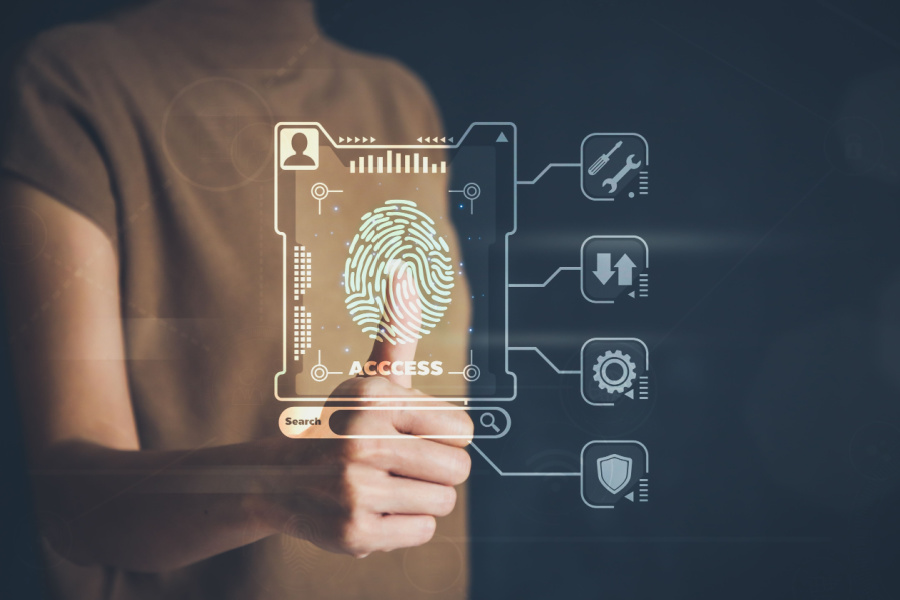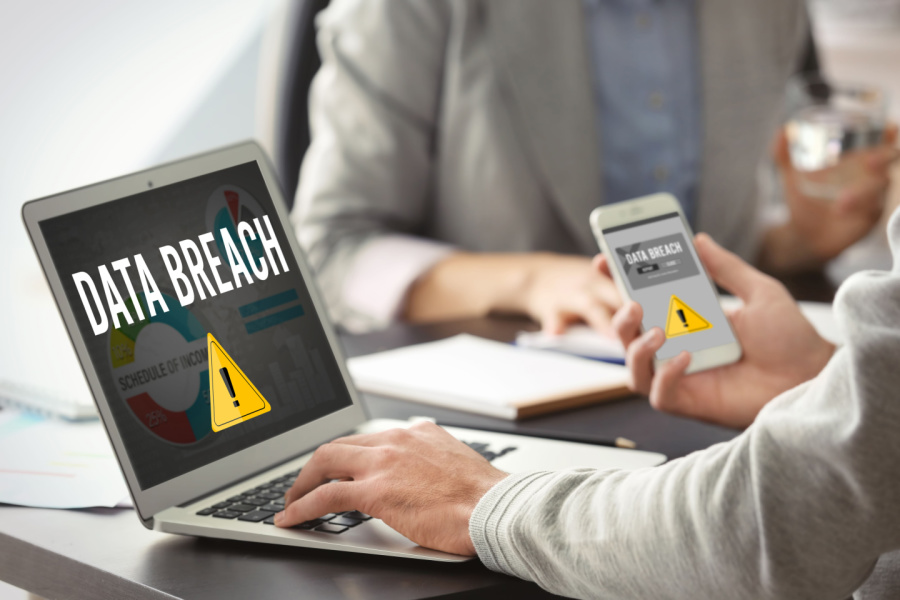With the development of technology worldwide—where data is used as a currency and a commodity, the risk of data breaches increases. Just last October 2023, there were two data breaches within Philhealth and the PSA due to relentless hackers––further proving the need for strong cybersecurity. So, since businesses are entrusted with vast amounts of sensitive information, data breach prevention in companies is not only crucial but should be mandatory.
This blog dives into the intricacies of data breaches, exploring what they are, how they happen, and the types of data typically targeted. By being aware of how data breaches happen, businesses can adopt the best data protection practices to prevent threats.
What is a Data Breach and How Does It Happen?
At its core, a data breach is an unauthorized access, disclosure, or acquisition of sensitive information. Cybercriminals usually exploit vulnerabilities in your company’s systems to access your data without permission. This unauthorized access can occur through various means:
- Malware: Malicious software infiltrating systems, allowing cybercriminals to manipulate and steal sensitive data.
- Phishing: Deceptive emails or messages tricking employees into divulging login credentials or other confidential information.
- Insider Threats: Employees, intentionally or unintentionally, compromise security by stealing data, accessing information beyond their authorization, or accidentally disclosing sensitive details.
- Weak Security Practices: Inadequate security measures, such as weak passwords, unencrypted data, or outdated software, create vulnerabilities that cybercriminals exploit.
- Third-Party Risks: Vendors or service providers with access to a company’s data may have vulnerabilities that cybercriminals use to gain unauthorized access.
- Physical Security Breaches: Stolen or lost devices containing sensitive information, if not properly protected or encrypted, can lead to data breaches.
With the varying ways for cybercriminals to steal data, learning how to avoid data breaches is crucial. By using the best data management practices, you can protect your business information effectively and ensure its safety from data theft.

What Type of Data is Usually Stolen?
Data breaches are not limited to a specific type of information. Hackers usually target a variety of data to exploit for financial gain or other malicious purposes. Common types of data stolen in breaches include:
- Personal Identifiable Information (PII): Names, addresses, social security numbers, and other personal details.
- Financial Data: Credit card information, bank account details, and other financial records.
- Health Information: Medical records, insurance details, and other health-related data.
- Login Credentials: Usernames, passwords, and other access credentials, often obtained through phishing attacks.
- Intellectual Property: Trade secrets, proprietary information, and other valuable company data.
While stolen data is not limited to this information, they are the most useful ones—therefore most sought after by cybercriminals.

How to Prevent Data Breaches
After learning how data breaches happen, it’s important to apply cybersecurity practices to improve the structural integrity of your company’s data network. With that said, here are some preventive measures your business can deploy.
- Implement Strong Authentication: Enforce complex passwords and multi-factor authentication (MFA) to enhance your login security.
- Regularly Update Software: Keep all of your software, including security tools, up to date using automated penetration testing and the latest network patches to address vulnerabilities.
- Employee Training: Conduct regular cybersecurity training to educate your employees on recognizing and avoiding phishing attempts and other social engineering tactics.
- Encrypt Sensitive Data: Employ encryption for sensitive data to protect it from unauthorized access, even if a breach occurs.
- Limit Access Permissions: Restrict access to sensitive data to only employees who require it for their job roles, minimizing the risk of insider threats.
- Third-Party Security Assessments: Regularly assess the security measures of third-party vendors or service providers to ensure alignment with your company’s standards.
- Network Security: Deploy firewalls, intrusion detection systems, and other advanced network security measures like Fortinet NGFW to monitor, control, and secure network traffic.
- Incident Response Plan: Develop and regularly update an incident response plan for a swift and organized reaction in the event of a data breach.
- Regular Security Audits: Conduct periodic security audits to identify and address potential vulnerabilities in your company’s systems. Leverage the benefits of penetration testing to check for weaknesses and recommend actions to mitigate potential risks.
- Data Backups: Regularly create copies of critical data to ensure that backup systems are secure and reliable. In case of a ransomware attack or other data loss incidents, you can easily recover your information without issues.
- Physical Security Measures: Implement physical security measures, such as access controls and surveillance, to prevent unauthorized access to sensitive areas or devices.
- Compliance with Data Protection Regulations: Stay informed about and comply with relevant data protection regulations to ensure legal and ethical handling of sensitive information. Check whether there are updates or amendments to the Philippine Data Privacy Act of 2012 and continuously verify your company’s compliance.

Preventing Data Breaches with Kital
With the development of technology worldwide, cybersecurity practices are of the utmost importance. With cybercriminals improving their data breach schemes, it poses a significant threat to businesses of all sizes. Understanding the nature of these breaches and adopting proactive preventive measures can help companies navigate the digital landscape with greater resilience.
That said, consider partnering with Kital in your company’s efforts to improve cybersecurity. Kital’s holistic approach to data protection and network security solutions can provide advanced data protection for your business.
Get in touch with us today to learn more about our services.




